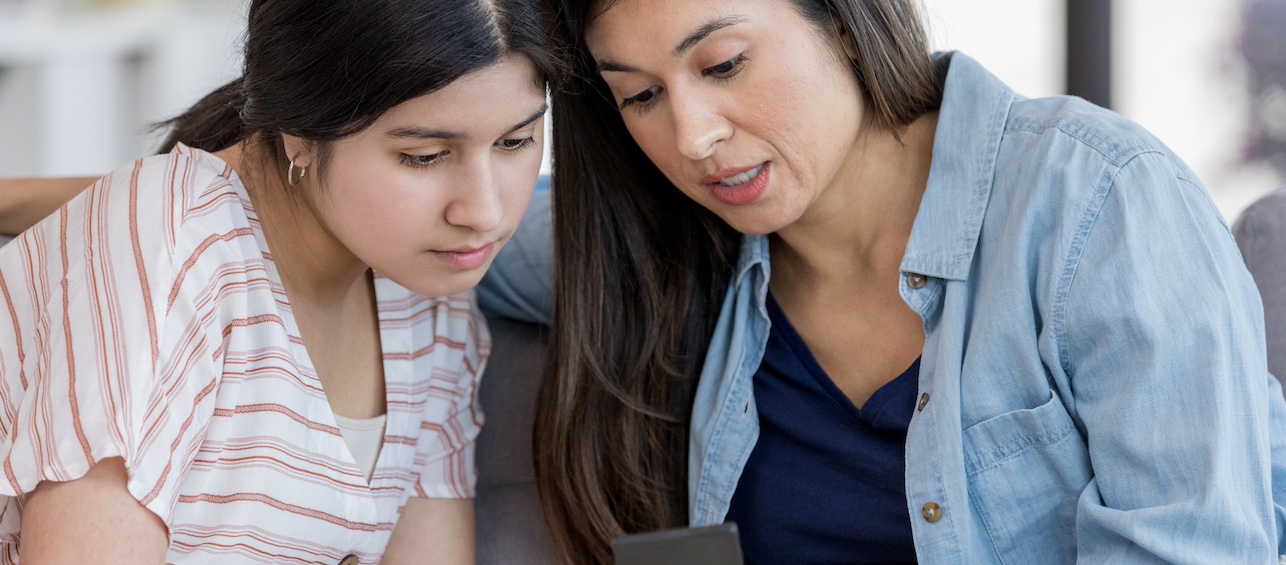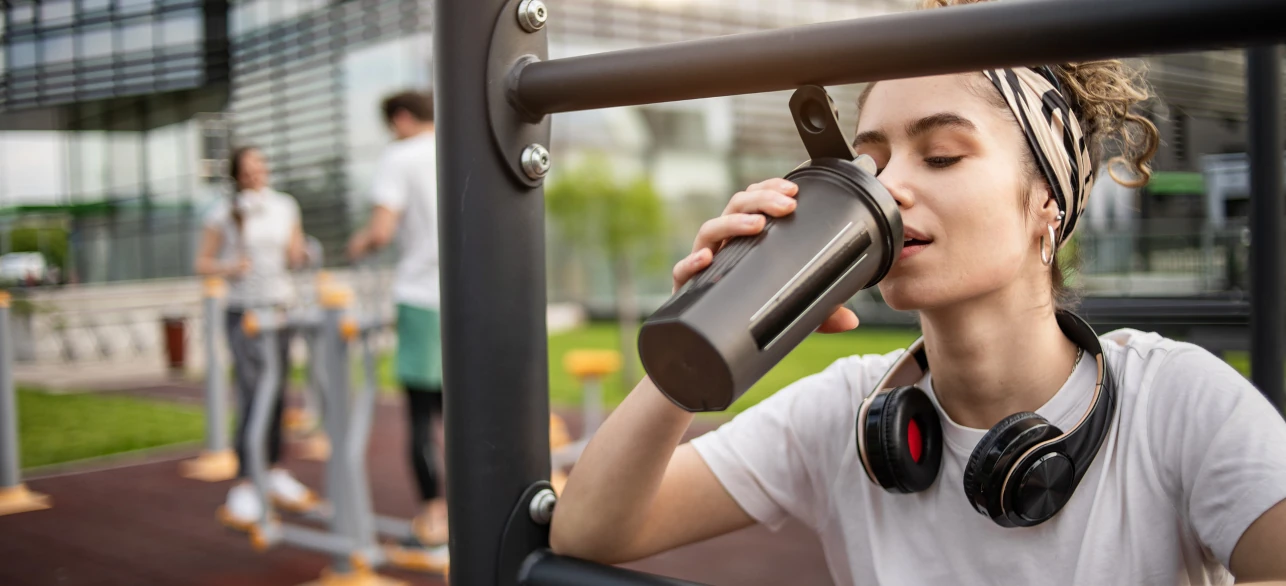How and why to call 911 is an important lesson you can start teaching your kids when they are as young as
age 3.
As they get older and when they get their own phone, there are other emergency numbers that are important for them to have access to. Check in with your child and make sure the numbers below are in their phone, and that they know how and when to use them.
FOR MIDDLE GRADE STUDENTS
Important Numbers for Your Child’s First Phone
- Parents’ cell phone numbers
- Parents’ work phone numbers
- Neighbors and/or relatives you trust who could be available to help your child if you can’t be reached
- Your child’s school phone number, in case they ever need to contact administrators if they are running late or witness an injury/problem with a fellow student
Note that some phones allow you to use privacy/family settings to manage your child’s contacts. This can allow you to have oversight in who they are able to communicate with via their phones.
5 Things to Discuss With Kids About Emergency Situations
Having a phone comes with responsibility. Make sure your child knows how to use their phone to make a
phone call.
When loading these numbers into their phones with them, go over the following:
- What is considered a 911 emergency versus when calling one of the numbers above would be appropriate.
- How to make an emergency call on a cell phone that has a lock screen.
- The importance of using the phone wisely, and not for pranks, especially during an emergency.
- How to use location-sharing features to send their location to trusted contacts. This could help if they are ever lost.
- How to conserve battery life during an emergency by dimming the screen, closing unnecessary apps and using battery-saving modes.
FOR STUDENTS IN HIGH SCHOOL AND BEYOND
Make Sure These Numbers Are in Your Teen’s Phone
As your children get into their teen years and take on more responsibility, talk to them about adding these numbers below into their phones and when to use each.
| Phone Number to Add | When to Call | Examples |
| Poison Control Center 1-800-222-1222 | To reach the poison control center in your area | • If someone has swallowed or come in contact with something that might be poisonous • Medication mix-ups • Drug or alcohol overdoses • 911 should be called right away if someone collapses, has a seizure, has trouble breathing, or can’t be awakened. |
| Your area’s local police non-emergency number | When you need help from the police, but it is not an emergency | • Minor traffic accidents with no injury • Less-serious crimes such as noise complaints • A break-in to a vehicle or theft of property when suspect is gone • General calls related to the police, fire, or medical agencies that are not a life-threatening emergency |
| Your child’s healthcare providers | When they need to reach their doctor, dentist, therapist, mental health provider, etc. | • To schedule an appointment • For questions about prescription refills |
| Your pharmacy | To have a prescription filled or refilled | • For questions about prescription and over-the-counter medications • For some routine vaccines such as the flu shot |
| Your child’s work contacts | Any time your child needs to reach their place of employment | • If they are running late • To request a sub • To request off work • For questions about pay |
IMPORTANT NOTE ABOUT COMMUNICATING WITH TEACHERS AND COACHES
In high school, it might seem convenient to have the phone number of a person your child is regularly in touch with, such as a teacher or coach. However, there are risks with one-on-one conversations done over a student’s personal phone, including inappropriate communications and grooming behavior.
Many schools have policies in place that don’t allow students to communicate with teachers or coaches individually. Become familiar with the policy of your child’s school and the tools they use for communication. It is likely they have a texting policy in place, and/or apps the students are to use that provide an extra level of safety to reduce the opportunity for misconduct.
FINAL THOUGHTS
When you share and reinforce all of this information with your kids, you can help them feel more confident and capable in using their cell phones for both emergencies and non-emergencies. Knowing what to do and when can help them feel empowered and enhance their safety.






